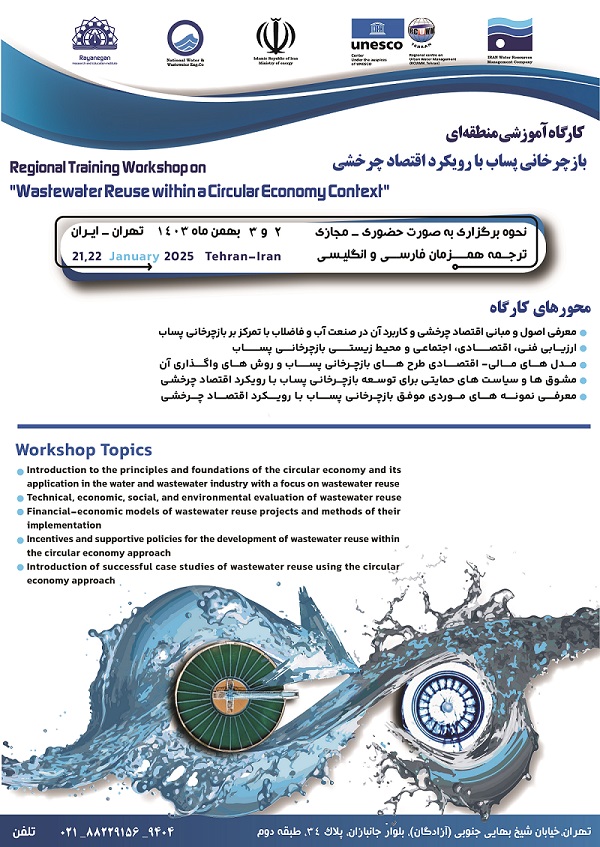In recent years there has been growing evidence that the earth’s climate will become warmer in the 21st century, which raises the essential question: What impacts will global warming have on the environment and human activities? Warming will cause hydrologic changes that will affect freshwater resources. These are among the most significant potential impacts of climate change. As the climate warms, there will be changes in the nature of global precipitation, evaporation, snow pack, stream flow and other factors that will affect freshwater supply and quality. Climate change will present challenges to water utilities, and planning now could prevent freshwater crises in upcoming years.
All regions of the world show an overall net negative impact of climate change on water resources and freshwater ecosystems. Areas in which runoff is projected to decline are likely to face a reduction in the value of the services provided by water resources. The beneficial impacts of increased annual runoff in other areas are likely to be tempered in some areas by negative effects of increased precipitation variability and seasonal runoff shifts on water supply, water quality and flood risks.
The future effects of climate change on water resources depend on trends in both climatic and non-climatic factors. Evaluating these impacts is challenging because water availability, quality and stream flow are sensitive to changes in temperature and precipitation. Other important factors include increased demand for water caused by population growth, changes in the economy, development of new technologies, changes in watershed characteristics and water management decisions.
Based on this rationale, the Regional Centre on Urban Water Management (RCUWM-Tehran) in close cooperation with the Ministry of Regional Municipalities and Water Resources, Sultanate of Oman organized the First International Conference on Water Resources and Climate Change in the MENA Region, in Muscat, Oman, 2-4 November 2008.




